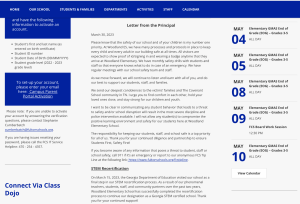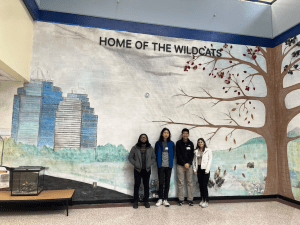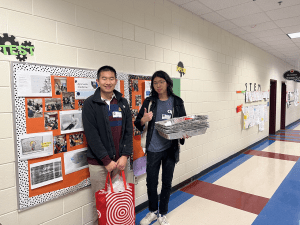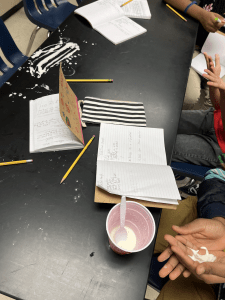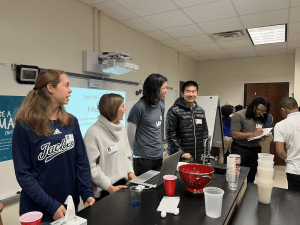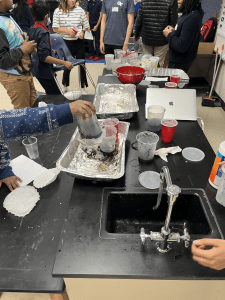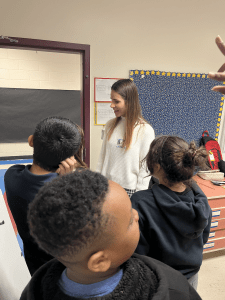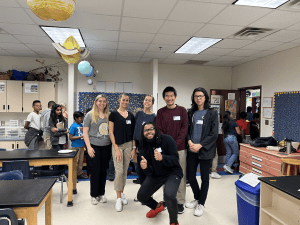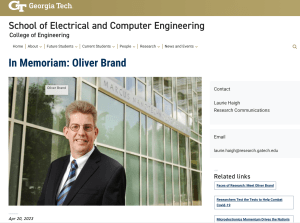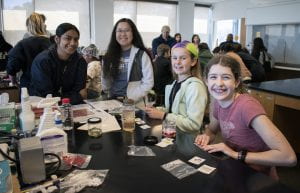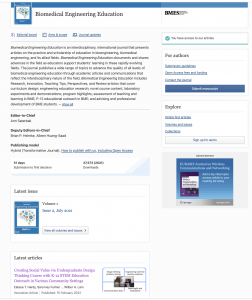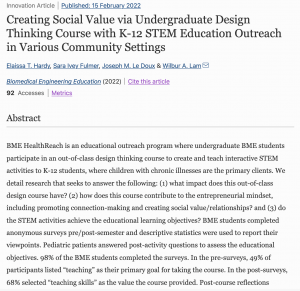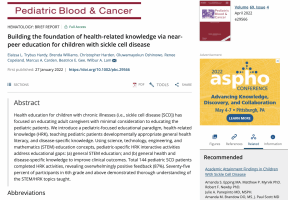At our children’s hospital, we have witnessed firsthand the unique value near-peer student volunteers (NPSV) bring to the care of our paediatric patients through social engagement and mentorship that is not typically fulfilled by standard caregiver and healthcare providers. Mediated by social interactions and supported by child development theory, meaningful engagement between NPSVs and paediatric patients can potentially change how we practise paediatric medicine. Accordingly, we present how the role of NPSVs in hospitals and clinics should be redefined and allow for more in-depth connections with paediatric patients.
We define a NPSV as 18–22 years old, has completed secondary/high school and is currently enrolled in a university programme (eg, medical school, bachelor’s degree, master’s degree, etc). The adjacent age difference between paediatric patients and NPSVs removes any age overlap with that of a direct peer1 and allows for the natural and efficient establishment of rapport, respect and trust,2 enabling NPSVs to be an ideal demographic for paediatric patients.
…

If you would like a pdf version of the paper, please email us at bmehealthreach@nullgmail.com
